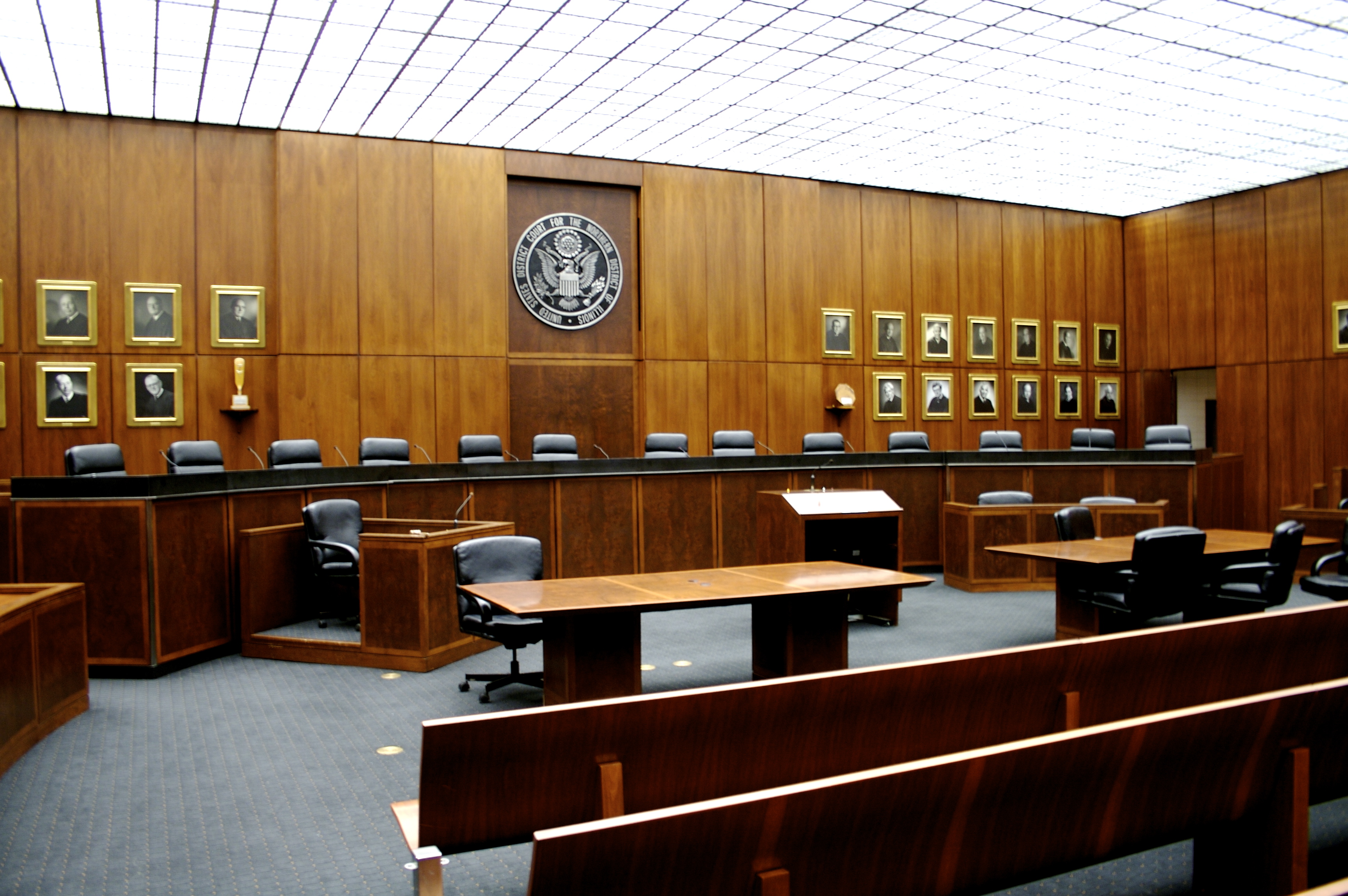
Food Integrity Campaign (FIC) staff recently traveled from Washington, DC, to a courtroom in Richmond, Virginia to hear the appellate oral arguments on the North Carolina AgGag law before the Fourth Circuit. This AgGag law is among the broadest of such laws nationwide. It punishes an extraordinary range of whistleblowing activity and exacts thousands of dollars in civil penalties toward those who break the law.
We fought the initial passage of this bill in the North Carolina state legislature and were thrilled when the governor vetoed it. When the state legislature voted to overturn the governor’s veto, we had no option but to go to court to stop this unconstitutional law. The court did not find in our favor, so we appealed.
FIC routinely provides legal representation for brave whistleblowers speaking out about wrongdoing in the food system. In this case, we find ourselves in the unfamiliar role of plaintiff. We’re allied with other plaintiffs representing the interests of whistleblowers, constitutional rights, animal welfare, and consumer safety. FIC and fellow plaintiffs argue that the North Carolina AgGag law “blatantly violates our rights to free speech, to a free press, and to petition our government, and violates the Equal Protection Clause. It places the safety of our families, our food supply, and animals at risk.”
At the oral argument for the appeal, the lawyers for each side had just twenty minutes to present their case and answer questions from a panel of three judges. Our panel included Judges Dennis Shedd, William Byrd Traxler, and Henry Franklin Floyd. The judges were appointed by Presidents George W. Bush, Bill Clinton, and Barack Obama, respectively.
Our lawyer, David Muraskin of Public Justice, argued that the North Carolina AgGag law was passed specifically to prevent exposés of bad industry practices, targeting food system whistleblowers’ rights. Yet, because it was written so broadly, it allows employers to make civil charges against any whistleblower who recorded and shared employer wrong-doing in settings such as daycares or nursing homes as well. Our lawyer argued that court precedents have linked the right to gather information to the right to free speech
The threat of high civil penalties creates a “chilling effect” that discourages whistleblowers from acting. Whistleblowers already put themselves at risk of retaliation by making disclosures, but the civil penalties are so high that it gives anyone pause. Even the lawyer representing the state of North Carolina acknowledged that, among the plaintiff organizations, there are current employees willing to conduct undercover food system investigations who are not doing so because of the AgGag law.
We won’t know for a few months whether the panel of judges will agree with us. Given that the Idaho AgGag law was recently ruled unconstitutional for violating the First Amendment, and we’re cautiously optimistic. Stay tuned for new developments in this exciting case!